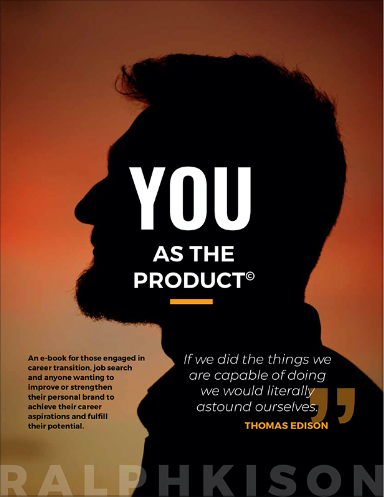
Most of us think we’re in charge of our decisions and actions, it turns out we’re not in as much control of our actions as we’d like to think. Our subconscious and unconscious mind is actually in the driver’s seat most of the time. A Duke University study estimates that approximately 45 percent of our behaviour is habitual.
Sorry, the belief that if you do something for twenty-one days it becomes a new habit also doesn’t hold water.
If you want to bring about sustainable change and develop new habits, you’ll require:
- A reason – What will be the benefit and what will you gain? (Or lose if we’re talking weight)
- A trigger – A reminder such as an alarm, appointment, action or prompt will work, or itmay be an APP on your phone or a reminder from an accountability partner.
- A micro–habit – It’s not “go big or go home”, it’s actually about taking small steps consistently to succeed.
- Practice – Repetition like speed skating drills or practicing your scales on the piano makes the difference.
- Patience – New habits taken time and require persistence to master. You may need to reframe your mindset and develop new routines to lock in the habits.
- Reset after slipping – If you miss a day or your schedule gets overloaded, don’t beat yourself up, get back on your cycle or schedule as quickly as possible.
- Celebration – You don’t need to throw a party – but it could be fun! A deep sense of personal satisfaction and personal pride in your accomplishments is fine.
Change your habits – change your life! (Yes, it sounds like a cliché, but there’s truth to it)



Recent Comments